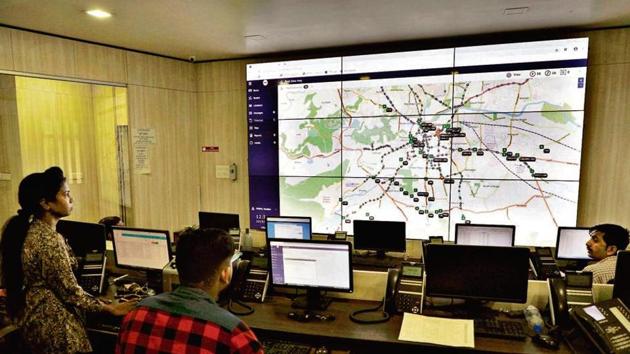Saving PMPML, part 2: Route rationalisation to heal poor financial health of public transport body
Since the formation of the PMPML, in 2007, there has been no major reshuffle of the existing 375 routes in Pune and Pimpri-Chinchwad
Pune The Pune Mahanagar Parivahan Mahamandal Limited (PMPML) has conducted a pilot study of two routes to understand what the problems are affecting the earnings per km, per bus, on each route.

PMPML chairman and managing director, Nayana Gunde, says, “We have done a scientific route rationalisation of two routes. The study was done by a private company, to understand how to increase out earning per kilometer (EPK). Now, we are going scientifically route rationalise all existing routes. We will issue a tender for the same before the end of the year.”
Route rationalisation, are the key words being used to look at a key challenge the PMPML faces.
Since the formation of the PMPML, in 2007, there has been no major reshuffle of the existing 375 routes in Pune and Pimpri-Chinchwad.
Currently, on at least 50 routes, earning per km is below the break-even rate of Rs 80 per km.
“According to my study of the last 10 years there is no such thing as a loss-making route. If the PMPML administration maintains a five- and 10-minute frequency on all routes, they will be in profit on all routes,” says Satish Jadhav, a city-based traffic management expert, claiming that his stuides show that PMPML is only operating a five-10 minute frequency on 50 routes, all of them long routes.
What the plan is (and should be)
“We have formed a ‘bus route committee’ to look at demands coming in from commuters, corporators, NGOs and other sections of society. There are senior officials, external consultants and this committee will take decisions about route demands.”
PMPML chairman and managing director, Nayana Gunde
“An important aspect is management during peak hours - morning and evening. A commuter only needs good frequency of buses on any route and if that is not maintained properly then the PMPML will certainly run a loss.”
Satish Jadhav, a city-based traffic management expert





